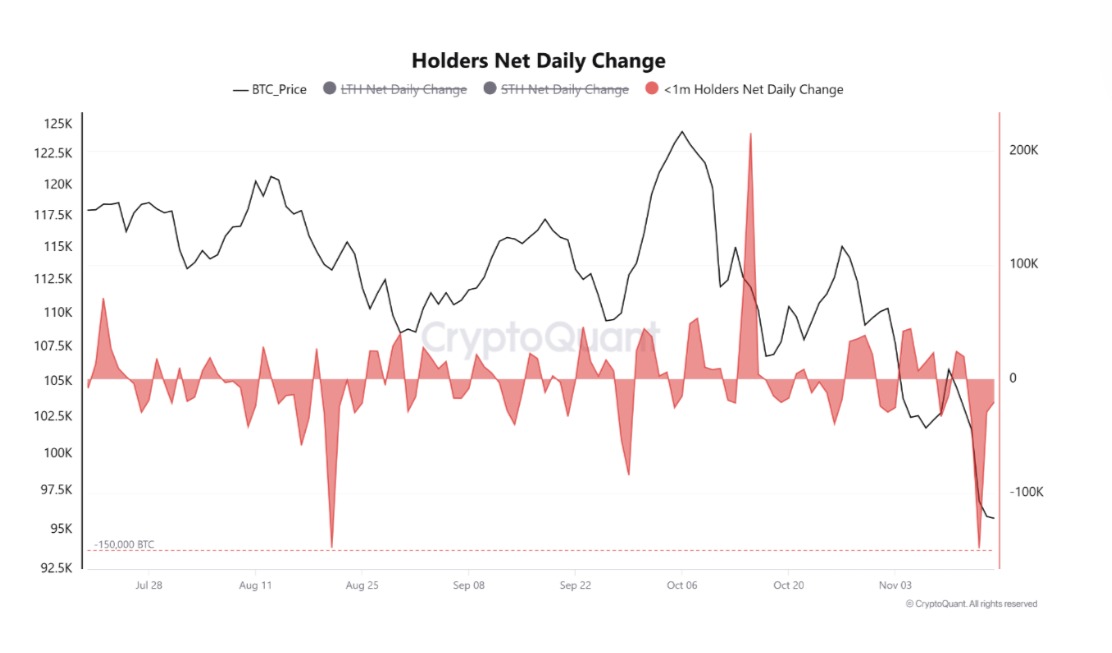High prices for groceries, housing, and health care continue to be a major concern for many American households. Rising electricity bills and the cost of gas at the pump are also sources of anxiety, according to a recent survey.
Some 47% of U.S. adults are “not very” or “not at all confident” they could find a good job if they wanted to—a significant increase from 37% when the question was last asked in October 2023. Electricity bills are a “major” source of stress for 36% of U.S. adults, especially at a time when the expected build-out of data centers for artificial intelligence could put additional strain on the power grid.
More than half of respondents said the cost of groceries is a “major” source of financial stress. About 4 in 10 reported that housing and health care costs are serious strains, and roughly one-third expressed high stress about gasoline prices.
—
### Political Implications: Trump’s Economic Challenges
The survey highlights ongoing economic vulnerabilities for former President Donald Trump, who returned to the White House in January promising to quickly tame the inflation surge that occurred during Democratic President Joe Biden’s term. Despite these claims, Trump’s popularity on economic issues remains low amid tariffs, federal worker layoffs, partisan conflicts, and a government shutdown.
Linda Weavil, 76, a retiree from Greensboro, North Carolina, voted for Trump last year because he “seems like a smart businessman.” However, she expressed concerns about his tariffs, citing increased prices for items like chocolate-covered pecans sold at her church group fundraiser. “I think he’s doing a great job on a lot of things, but I’m afraid our coffee and chocolate prices have gone up because of tariffs,” she said. “That’s a kick in the back of the American people.”
—
### Approval Ratings and Job Market Outlook
The poll found that 36% of U.S. adults approve of how Trump is handling the economy, a figure that has remained steady this year despite the economic uncertainty caused by tariffs. Among Republicans, 71% feel positive about his economic leadership, though this approval within his own party is relatively low—potentially problematic for upcoming races for governor in New Jersey and Virginia, as well as the 2026 midterm elections.
At a similar point in Biden’s term, an AP-NORC poll conducted in October 2021 found that 41% of U.S. adults approved of how he managed the economy, including about 73% of Democrats. This higher overall approval was largely due to independent voters, with 29% supporting Biden’s economic handling compared with 18% for Trump now.
Hiring was notably stronger during Biden’s presidency as the U.S. recovered from pandemic-related lockdowns. However, job gains have slowed significantly under Trump, averaging less than 27,000 per month after the April tariff announcements. This slowdown is reflected in public confidence: four years ago, 36% of survey respondents were “extremely” or “very” confident in their ability to secure a good job—now, that figure has dropped to 21%.
—
### Rising Electricity Costs: An Emerging Concern
Electricity costs have become an increasing worry. Trump’s decision to cancel funding for renewable energy projects and to impose tariffs on equipment necessary for factories and power plants has added to the financial burden. These increased costs come before the anticipated surge in electricity demand from new data centers built for artificial intelligence.
While 36% of Americans see electricity bills as a major concern, 40% identify costs as a “minor” stress, and 23% say their utility bills are “not a source” of stress at all.
Kevin Halsey, 58, from Normal, Illinois, shared his experience: his monthly electricity bill used to be $90 during summer months thanks to solar panels but has since soared to $300. A telecommunications worker and Democratic voter, Halsey describes the economy as “crap” and remains pessimistic. “I don’t see this as getting better,” he said.
—
### Public Skepticism Despite Economic Indicators
Both Trump and Biden face a similar economic dilemma. While indicators such as low unemployment, stock market gains, and steady economic growth suggest a solid economy, the public remains skeptical.
Some 68% of U.S. adults describe the economy as “poor,” with only 32% saying it’s “good,” reflecting a consistent sentiment over the past year. Regarding personal finances, 59% say their family finances are “holding steady,” but only 12% feel they are “getting ahead,” while 28% say they are “falling behind.”
—
### Economic Strains Across the Board
The widespread sense of economic uncertainty is fueled by multiple factors, signaling that middle-class stability may be increasingly out of reach for many Americans. The vast majority report at least “minor” stress related to groceries, health care, housing, taxes, wages, and gasoline costs.
Nearly half (47%) say they are “not very” or “not at all” confident they could pay an unexpected medical expense, and 52% have low confidence about having enough savings for retirement. Furthermore, 63% lack confidence in their ability to buy a new home.
Confidence in homebuying is especially low among young adults: about 80% of those under age 30 say they are “not very” or “not at all confident” they could purchase a house, compared with roughly 60% of adults aged 60 and older.
—
### Personal Stories Reflect Economic Reality
For 54% of U.S. adults, the cost of groceries is a major source of stress. Unique Hopkins, 36, from Youngstown, Ohio, now works two jobs after her teenage daughter had a baby. She describes herself as part of the “working poor,” barely able to get by. Hopkins voted for Trump in 2016 but switched allegiance to the Democrats, feeling that Trump’s ego prevented him from uniting the country and solving problems.
“It’s his way or no way,” she said. “Nobody is going to unite with Trump if it’s all about you, you, you.”
—
This survey underlines the deep economic concerns affecting American households today—ranging from job security and rising living costs to skepticism about political leadership—and highlights the challenges ahead for both parties.
https://fortune.com/2025/10/19/us-job-market-trump-economy-approval-tariffs-electricity-grocery-financial-stress/
